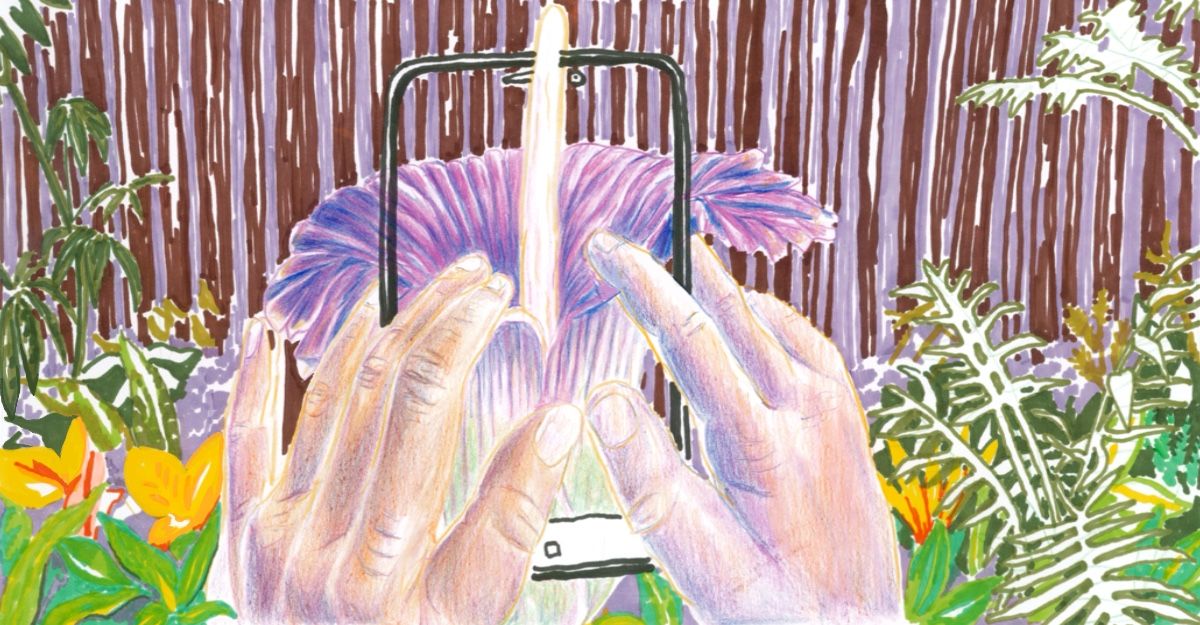We’ll be living on top of each other
in an outer suburb. It’ll be
an evening backyard barbecue
turned lounge party, old friends changing
discs in the house we’ll never own.
You won’t be in bed – staying up later
than us now, as you do.
When someone puts on ‘Yoshimi’,
you’ll roll your eyes at the middle-aged
Gen-X’ers dancing. Mum and I
’ll gravitate towards each other and you
’ll try not to watch us larking about,
no longer two solid organisms. Later,
with Mum’s head resting in that crook
of my collarbone I didn’t know existed
till she came along, and then you,
I’ll wonder what percentage of
everything I owe to the Flaming Lips.
Image: Record / Andy Baxley
Read the rest of Overland 227
If you enjoyed this poem, buy the issue




